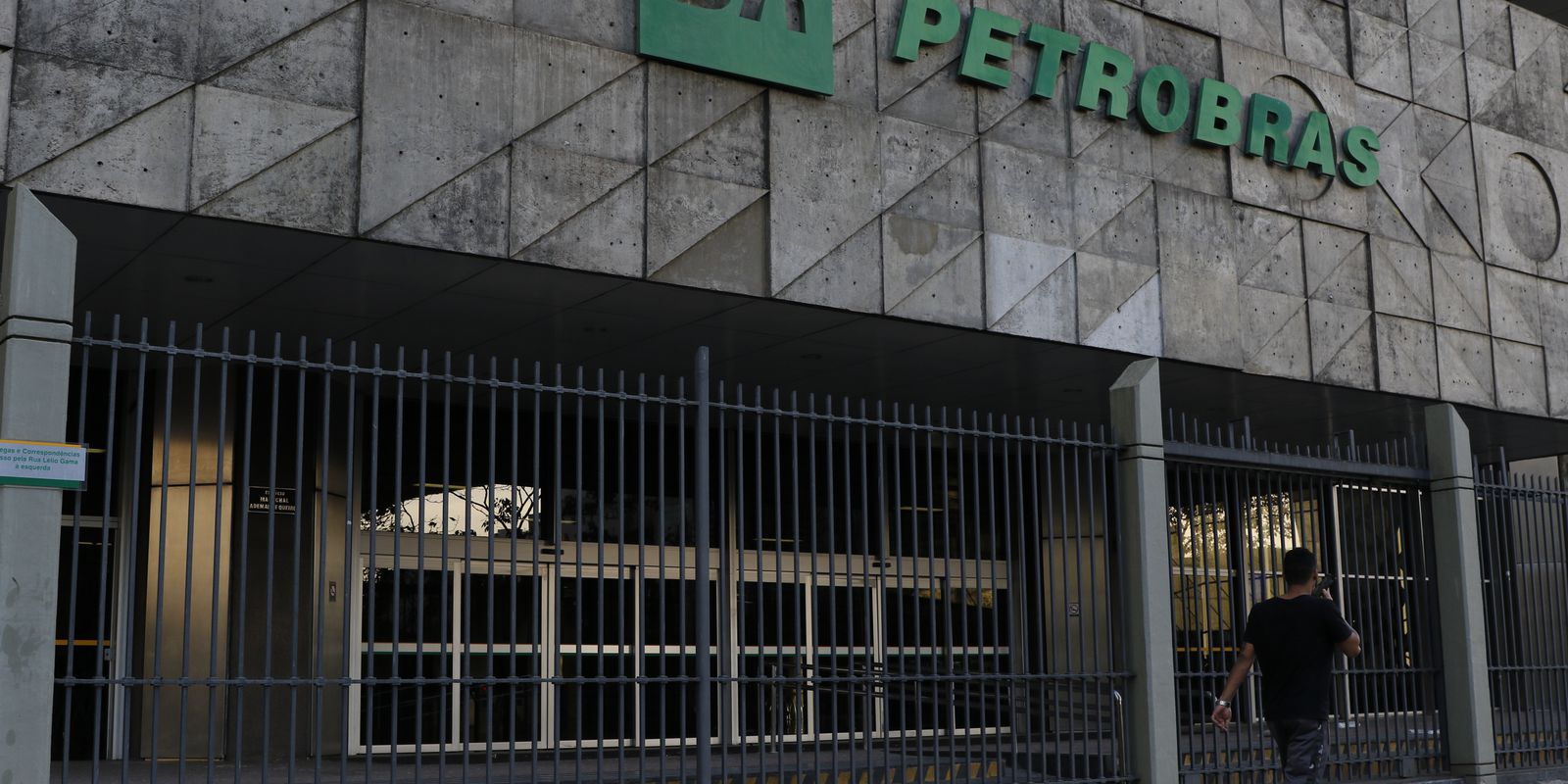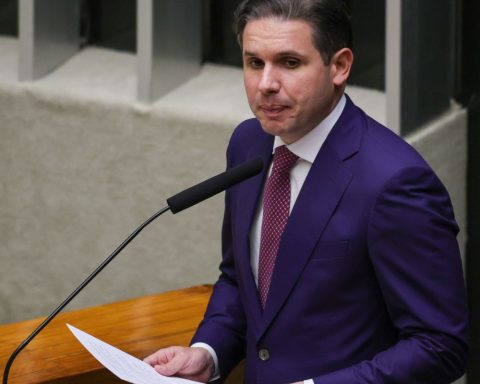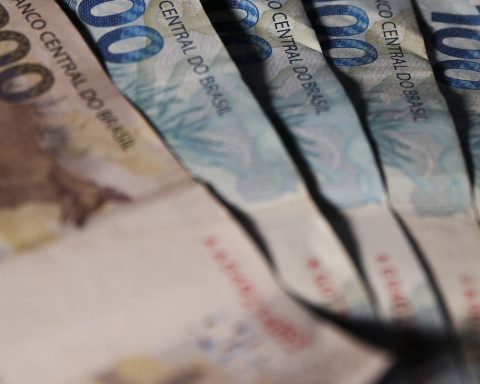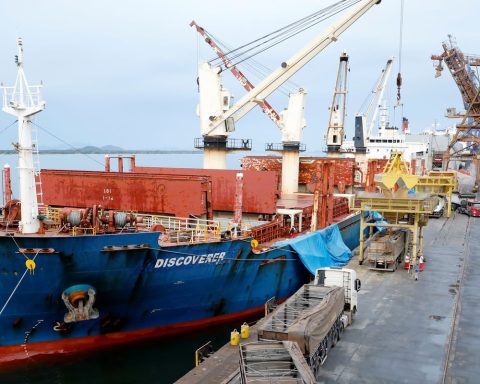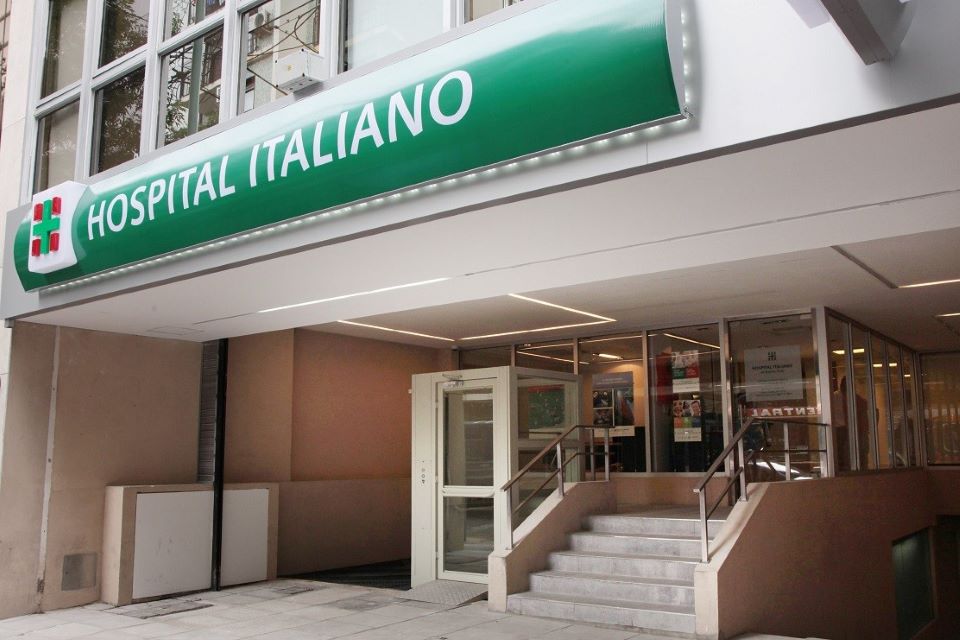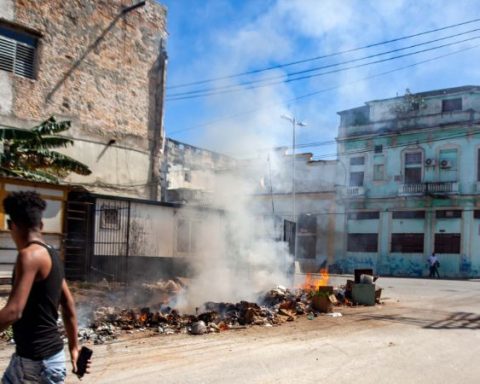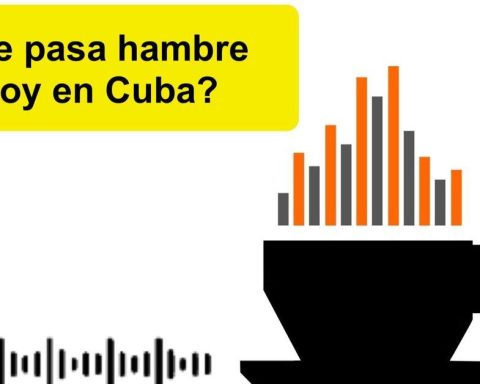In February, Petrobras received an international certificate for the production of Diesel R at the Presidente Getulio Vargas Refinery (Repar), in Araucária, Paraná.
Granted by International Sustainability Carbon & Certification (ISCC), one of the most respected certifiers in the world market, the document is applicable to the sustainability of raw materials and products. The certification is used to track the production chain of low-carbon products, informed, this Monday (20), Petrobras, through its press office.
According to Petrobras’ Commercialization and Logistics director, Cláudio Rogério Mastella, the certification is the result of the excellent work that has been planned and executed by several areas of the company in recent months and years. The director of Refining and Natural Gas, Rodrigo Costa, highlighted that Petrobras teams are working on several fronts to include Petrobras among the most efficient companies in the world.
Trend
Petrobras revealed that, for products with sustainable content, certification is a worldwide trend and seeks to track the production chain and validate sustainability principles in rigorous external audits. In addition to quantifying greenhouse gas emissions over the life cycle, the certified product shows whether the entire production chain, including the raw material used, is environmentally responsible and has safe working conditions in compliance with human rights. .
The certification is part of Petrobras’ commercial strategy for the market for more sustainable products, which is expanding, said the executive manager of Commercialization of the Internal Market, Sandro Barreto. “To develop new low carbon products, we work in constant contact with the consumer market, to understand their needs, and with suppliers, to diversify the raw materials for processing in the refining units. ISCC certification is the indisputable demonstration that society is benefiting from these products. In parallel, we are preparing for other certification programs such as Renovabio and Corsia [Carbon Offsetting and Reduction Scheme for International Aviation].”
In the case of Diesel R, the traceability of emissions refers to the sustainable portion present in the co-processed diesel and considers all the economic agents involved, from the origin of the raw material, transport and processing, to the delivery and use of the fuel, which already leaves the refinery associated with mineral diesel.
Diesel R is a Petrobras fuel, produced by co-processing mineral diesel with vegetable oil, which contains a portion of green diesel (HVO), which can vary from 5% (Diesel R5) to 10% (Diesel R10) .
The first commercial test of Diesel R was in September 2022 at Repar. On that occasion, 1,500 cubic meters (m³) of Diesel R5 were produced, with 5% renewable content. Since February 2023, production of the Diesel R has been carried out regularly to meet customer needs.
According to Petrobras, other co-processing projects to expand Diesel R production are currently being developed. In the second half of this year, sales will begin at the Cubatão Refinery (RPBC) and, over the next three years, sales will begin at the Paulínia (Replan) and Duque de Caxias (Reduc) refineries.
In 2028, Petrobras should put into operation the first unit dedicated exclusively to the production of low-carbon fuels, with 100% sustainable raw material, which includes vegetable oils, fats and residues, for the production of green diesel and aviation biokerosene ( BioQAV), among other products. The new plant will be built at the Presidente Bernardes Refinery (RPBC), in Cubatão, in São Paulo.
